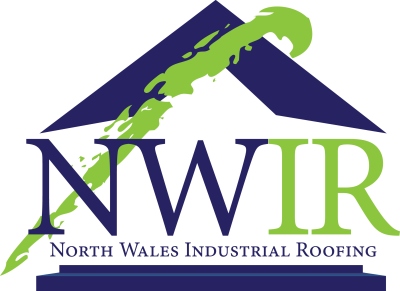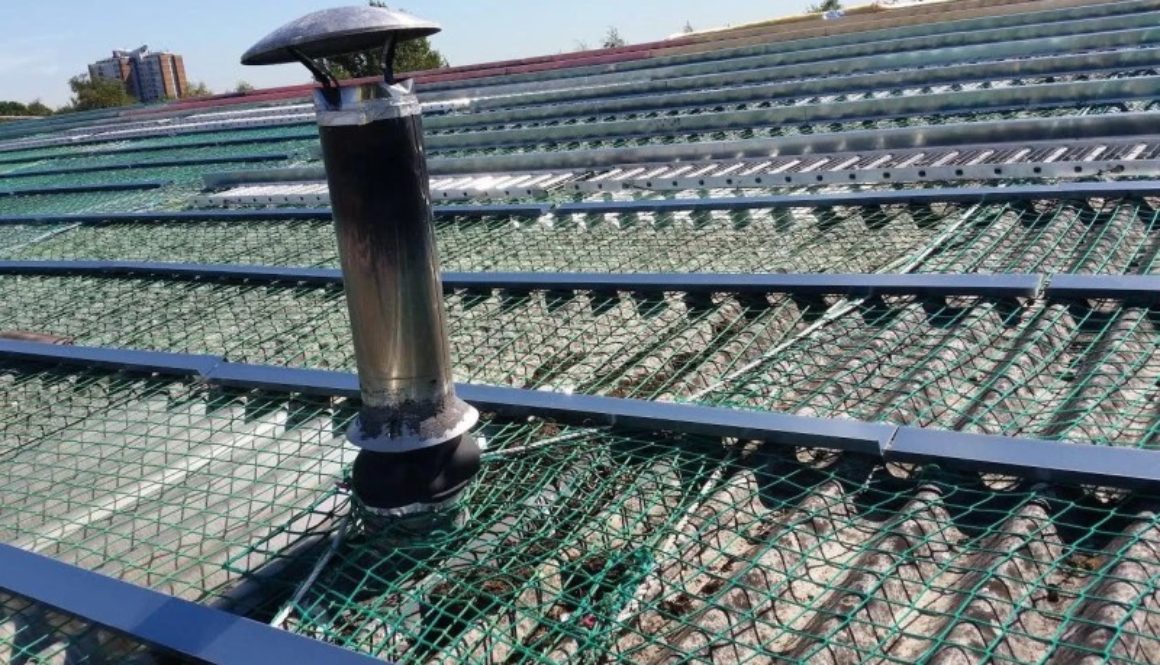What is asbestos testing?
Asbestos, a once commonly used building material, is now known for its severe health risks, particularly when its fibres become airborne and are inhaled.
The dangers associated with asbestos have made proper testing crucial for buildings, especially those constructed before the 2000s when its use was largely banned in the UK.
But what exactly is asbestos testing, and why is it important?
What is asbestos testing?
Asbestos testing is the process of identifying the presence and type of asbestos in building materials. It involves taking samples of suspect materials and having them analysed in a laboratory by certified professionals. The aim is to assess the risk posed by any asbestos-containing materials (ACMs) and determine the safest way to manage them, whether through removal or encapsulation.
This testing is especially crucial for commercial roofs, as many older buildings still have asbestos roofing materials. Without proper management, asbestos fibres can pose significant health risks to employees, contractors, and anyone accessing the site.
If you’re concerned about your commercial roof, NWIR offers asbestos testing and commercial roof surveys to assess and identify potential asbestos risks.
Why is asbestos testing important?
1. Health and safety
The most critical reason for asbestos testing is to protect the health of individuals in the building. Asbestos exposure has been linked to serious diseases like lung cancer, mesothelioma, and asbestosis. Identifying asbestos early prevents unnecessary exposure.
2. Legal compliance
In the UK, it’s a legal requirement for building owners and employers to manage asbestos risks. The Control of Asbestos Regulations 2012 stipulates that businesses must ensure proper surveys and management of ACMs.
3. Informed decision-making
Knowing the extent and type of asbestos present helps property owners make informed decisions about how to deal with it—whether through removal, repair, or safe encapsulation.
The asbestos testing process
- Initial inspection: An asbestos surveyor will assess the building to identify any materials that may contain asbestos. This process typically involves both visual inspections and sampling.
- Sampling: Small samples of suspected ACMs are safely removed for laboratory analysis. During this process, strict safety measures are followed to prevent asbestos fibres from becoming airborne.
- Laboratory analysis: The samples are tested in a laboratory to confirm whether asbestos is present and, if so, what type of asbestos it is. There are six types of asbestos, with chrysotile (white asbestos), amosite (brown asbestos), and crocidolite (blue asbestos) being the most common.
- Report and recommendations: Once testing is complete, a detailed report is provided. This report outlines the location, type, and quantity of any asbestos, alongside recommendations for management or removal.
Commercial roofs and asbestos
Due to its durability and fire resistance, asbestos was often used in commercial roofing materials, such as corrugated sheets and roof coatings.
Over time, however, these materials can degrade, increasing the risk of asbestos fibres becoming airborne. Regular asbestos testing and roof surveys can help mitigate this risk.
If your building has an older roof, it’s important to book a professional commercial roof survey to ensure that your roof is safe and compliant with all other health and safety regulations.
Choose NWIR for your roof survey
Asbestos testing is a vital step in maintaining a safe and compliant building, especially for older commercial properties.
With the proper testing and management of asbestos-containing materials, you can protect the health of your employees and ensure your building meets legal standards.
For more information or to book a professional roof survey, get in touch with our team and call us on 0800 046 1500.

